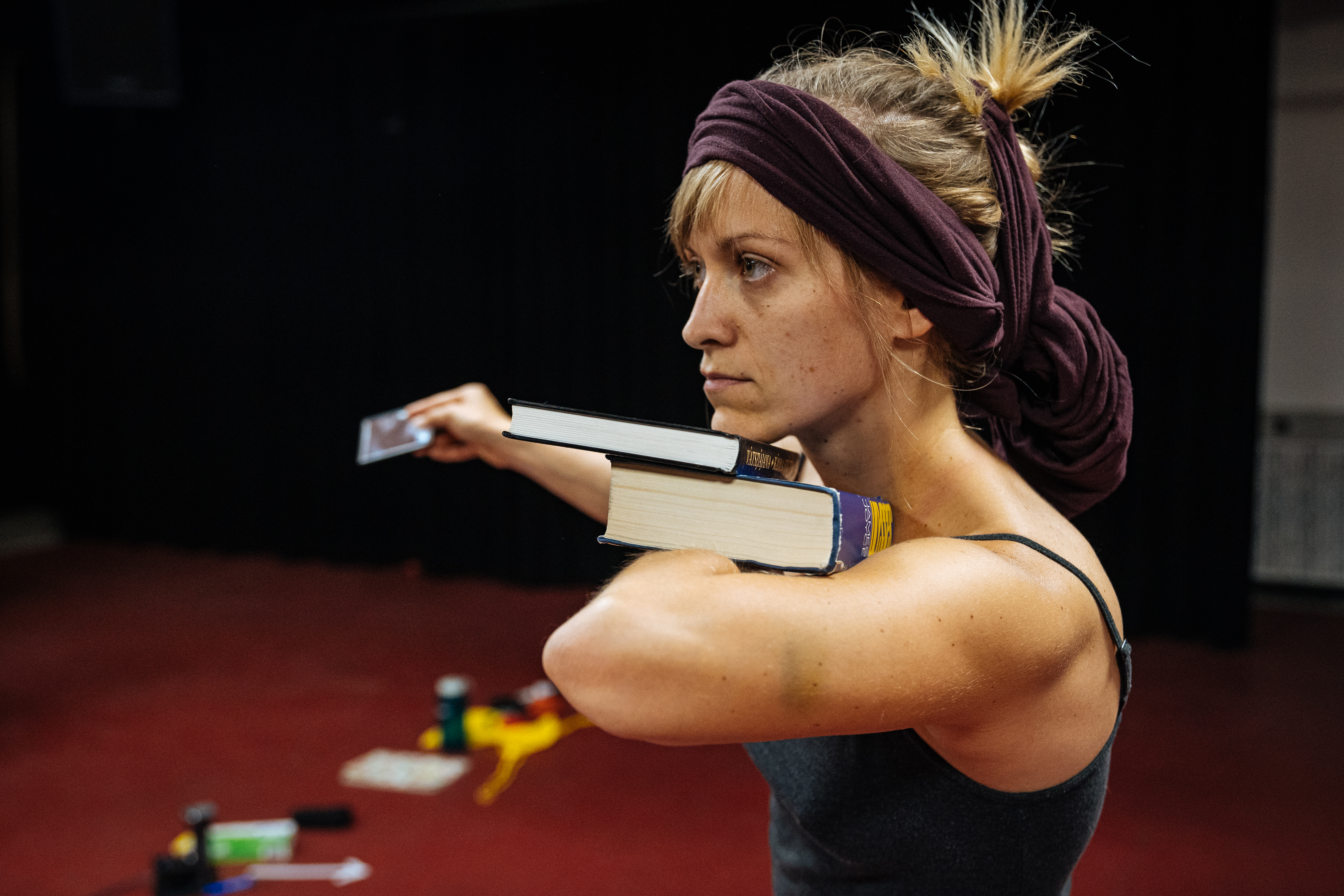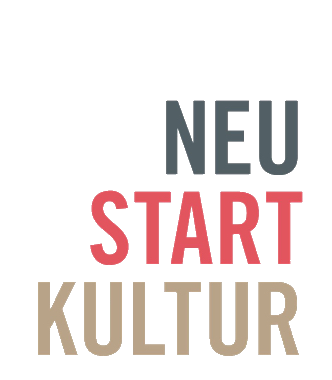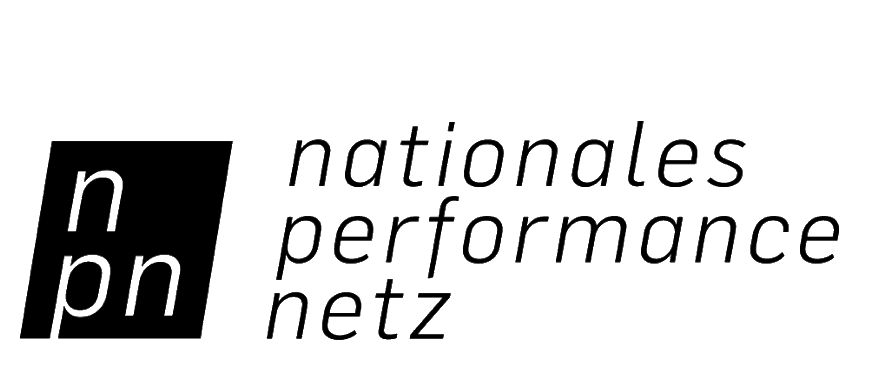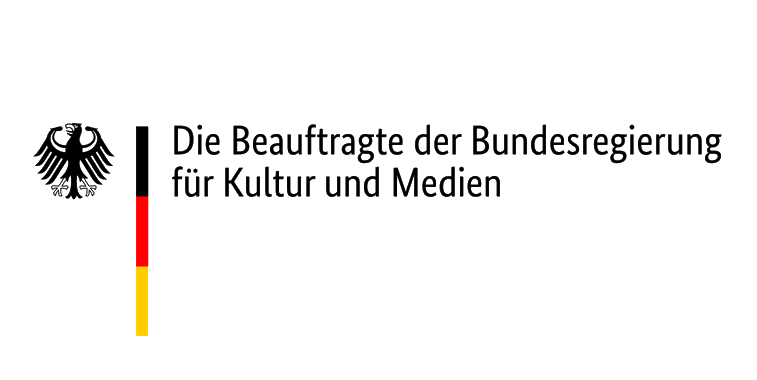Spaces of Learning / Spaces of Urgency
Kinga Szemessy
Spaces of Learning / Spaces of Urgency spotlights Kinga Szemessy role as choreographer, designer and author of a participatory event who’s main objective is to avoid any sort of imposition on its spectators, allowing the space itself to become the facilitator of the concept. Within this project, Kinga questions how a site influences our capacity to learn and to auto-learn and how to listen to our bodily sensations. Are there spaces which hold more potential for one’s embodied capacity to be affected? To what extent is discomfort and challenge a part of the auto-learning process? How does a rural, lesser surveilled environment enhance creativity in contrast to that of the city?
In the frame of Moving Margins II, Hungarian born Kinga, focuses on the untold regional history of participatory dance events between 1950-1989, including both the primary public sphere (people educators, mass choreographies, Dance With Us booklets) and the secondary public sphere (unofficial interdisciplinary art education hubs in countryside locations e.g. Balatonboglár Chapel Studio, Velem Workshop etc.) The latter, involving mostly graduates from sculptor, painter and textile programmes, challenges the canon of dance history and underlines the significance of self-archiving as a counteract to the official institutions of memory. She has a desire to promote international recognition for the somatic practices of Hungarians such as Miklós Erdély, Tamás Szentjóby, Judit Kele, Lujza Gecser, some whom's work was briefly mentioned during her studies at university but in comparison to well known names such as Rudolf Laban, Martha Graham, Merce Cunningham, José Limón, were seldom praised.
She avoids, however, over-emphasising the Hungarianness of these practitioners because regardless of the travel restrictions of the Cold War era, their transient experiments were significantly shaped by the Budapest-Vienna-Munich/Berlin axis. This resonates well with Kinga, having recently quit her original institution, University of Theatre and Film Arts (SZFE), due to its recent takeover by illegally appointed pro-government authorities. As a result she chose to become a part of the academic community in Salzburg, Austria. Having been involved in this emergency exit programme requires her to re-think how former and current cultural transfers contribute to identity construction and the cultural heritage of dissent.
In regards to art making today, Kinga holds the curation and care of Budapests Szendvicsbár/The Sandwich Bar community hub as her main creative focus. Like many freelance artists, she is a nomad. Szendvicsbár/The Sandwich Bar gives her the opportunity to experiment and practice in reconverted spaces with undefined purposes. These spaces, formerly food vendors, estate agencies, beauty salons ect, do not necessarily suit the usual dance practice requirements yet are imbued with character and history. Szendvicsbár/Sandwich Bar is located close to Keleti railway station, a place that is not only a transitory space, but a melting pot of migrants, refugees, lower-class Roma communities, and middle-class artists and intellectuals, making it an ideal hub for networking, motivation and inspiration.
This research has been made possible with the help of Dóra Halasi and Gabriella Schuller at Artpool (Art Research Center of the Central European Research Institute of the History of Art), as well of Márta Ladjánszki and colleagues and friends of the Szendvicsbár/The Sandwich Bar .
Bio: Kinga Szemessy, born in Hungary, trained at the Budapest Contemporary Dance Academy and studied dance anthropology (Choreomundus International MA in Dance Knowledge, Practice and Heritage) at the University of Roehampton in London. Kinga is currently a PhD candidate at Mozarteum and University of Salzburg, Austria. She is also a member of the FreeSZFE Society, SZOME (Association for Somatic Movement and Education), Ziggurat Project, L1 Association for Independent Artists, and a co-founder of the SVUNG artistic research group for participatory arts and art mediation. Kinga is also a nature guide, occasional rock climber and eco-somatic investigator. In the frame of her doctoral studies, she researches and creates spaces that challenge the anthropocentric approach towards participatory dance performance dramaturgy.
References to the work and research of Kinga Szemessy :
https://www.artpool.hu/ + https://artpool.hu/Defaulte2020.html
https://artpool.hu/Erdely/kreativitas/exercises.html
https://artpool.hu/boglar/konyv_e.html
https://www.transcript-publishing.com/978-3-8376-5823-1/what-will-be-already-exists/
https://archivum.tanc.org.hu/
http://cultural-opposition.eu/
https://youtu.be/INZBweGEl6w + https://youtu.be/HntEWI3Rhro
https://hungarytoday.hu/szfe-freeszfe-emergency-exit-award-european-citizens-university-govt-protest/
https://www.facebook.com/svungresearch + https://svungresearch.hu/
https://zigguratproject.com/sandwich-bar/
In the frame of Moving Margins II, Hungarian born Kinga, focuses on the untold regional history of participatory dance events between 1950-1989, including both the primary public sphere (people educators, mass choreographies, Dance With Us booklets) and the secondary public sphere (unofficial interdisciplinary art education hubs in countryside locations e.g. Balatonboglár Chapel Studio, Velem Workshop etc.) The latter, involving mostly graduates from sculptor, painter and textile programmes, challenges the canon of dance history and underlines the significance of self-archiving as a counteract to the official institutions of memory. She has a desire to promote international recognition for the somatic practices of Hungarians such as Miklós Erdély, Tamás Szentjóby, Judit Kele, Lujza Gecser, some whom's work was briefly mentioned during her studies at university but in comparison to well known names such as Rudolf Laban, Martha Graham, Merce Cunningham, José Limón, were seldom praised.
She avoids, however, over-emphasising the Hungarianness of these practitioners because regardless of the travel restrictions of the Cold War era, their transient experiments were significantly shaped by the Budapest-Vienna-Munich/Berlin axis. This resonates well with Kinga, having recently quit her original institution, University of Theatre and Film Arts (SZFE), due to its recent takeover by illegally appointed pro-government authorities. As a result she chose to become a part of the academic community in Salzburg, Austria. Having been involved in this emergency exit programme requires her to re-think how former and current cultural transfers contribute to identity construction and the cultural heritage of dissent.
In regards to art making today, Kinga holds the curation and care of Budapests Szendvicsbár/The Sandwich Bar community hub as her main creative focus. Like many freelance artists, she is a nomad. Szendvicsbár/The Sandwich Bar gives her the opportunity to experiment and practice in reconverted spaces with undefined purposes. These spaces, formerly food vendors, estate agencies, beauty salons ect, do not necessarily suit the usual dance practice requirements yet are imbued with character and history. Szendvicsbár/Sandwich Bar is located close to Keleti railway station, a place that is not only a transitory space, but a melting pot of migrants, refugees, lower-class Roma communities, and middle-class artists and intellectuals, making it an ideal hub for networking, motivation and inspiration.
This research has been made possible with the help of Dóra Halasi and Gabriella Schuller at Artpool (Art Research Center of the Central European Research Institute of the History of Art), as well of Márta Ladjánszki and colleagues and friends of the Szendvicsbár/The Sandwich Bar .
Bio: Kinga Szemessy, born in Hungary, trained at the Budapest Contemporary Dance Academy and studied dance anthropology (Choreomundus International MA in Dance Knowledge, Practice and Heritage) at the University of Roehampton in London. Kinga is currently a PhD candidate at Mozarteum and University of Salzburg, Austria. She is also a member of the FreeSZFE Society, SZOME (Association for Somatic Movement and Education), Ziggurat Project, L1 Association for Independent Artists, and a co-founder of the SVUNG artistic research group for participatory arts and art mediation. Kinga is also a nature guide, occasional rock climber and eco-somatic investigator. In the frame of her doctoral studies, she researches and creates spaces that challenge the anthropocentric approach towards participatory dance performance dramaturgy.
References to the work and research of Kinga Szemessy :
https://www.artpool.hu/ + https://artpool.hu/Defaulte2020.html
https://artpool.hu/Erdely/kreativitas/exercises.html
https://artpool.hu/boglar/konyv_e.html
https://www.transcript-publishing.com/978-3-8376-5823-1/what-will-be-already-exists/
https://archivum.tanc.org.hu/
http://cultural-opposition.eu/
https://youtu.be/INZBweGEl6w + https://youtu.be/HntEWI3Rhro
https://hungarytoday.hu/szfe-freeszfe-emergency-exit-award-european-citizens-university-govt-protest/
https://www.facebook.com/svungresearch + https://svungresearch.hu/
https://zigguratproject.com/sandwich-bar/




Moving Margins Chapter II
moving arti|facts from the margins of dance archives
into accessible scores and formats



Supported by the NATIONAL PERFORMANCE NETWORK
- STEPPING OUT, funded by the Federal Government
Commissioner for Culture and Media within the
framework of the initiative NEUSTART KULTUR.
Assistance Program for Dance.
artistic researches
Supported by the NATIONAL PERFORMANCE NETWORK
- STEPPING OUT, funded by the Federal Government
Commissioner for Culture and Media within the
framework of the initiative NEUSTART KULTUR.
Assistance Program for Dance.
© 2021 All rights reserved to Sasha Portyannikova, Nitsan Margaliot and the interviewees.

